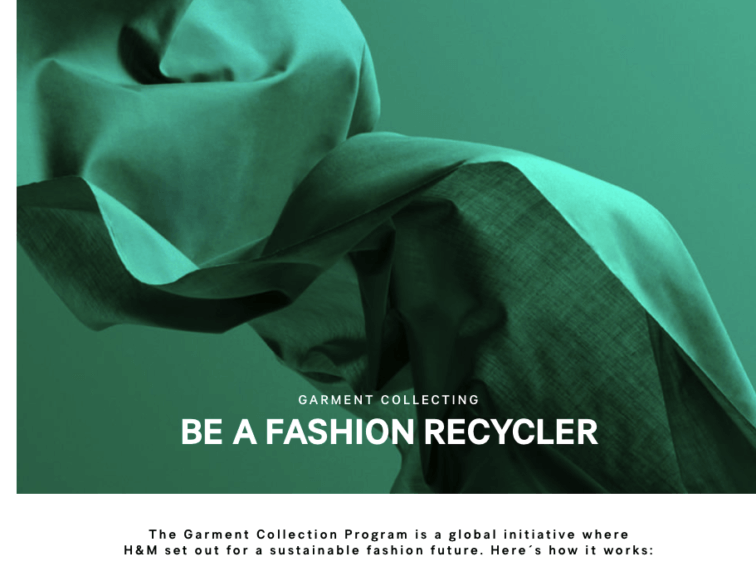Londoners are the most eco-conscious consumers in the UK, according to new research
According to new research published today from inRiver, young British consumers admit they would reconsider purchasing behaviours if retailers were better at communicating the environmental impact of their purchases.
The study was conducted amongst 1,500 UK consumers between the ages of 16-44 to explore their opinions and behaviours around sustainable shopping and buying preferences. Crucially, product information detailing the sustainability and environmental impact would make 7 in 10 (69%) Brits more likely to purchase.

66% of people who would purchase products from abroad if they were a cheaper price said they would reconsider their purchases if retailers shared more data and product content about environmental impact of delivery.
This increased transparency would encourage 60% of buyers to reconsider the number of purchases they return. With the issue of ‘serial returners’ costing UK retailers an estimated £20bn a year, providing consumers with a greater awareness of the environmental implications of deliveries and returns could save businesses millions and have a positive impact on the environment as well.
The rise of the conscious consumer
One fifth (20%) of consumers said they only buy sustainable products similar to this coffee from Coffee with Conscience. Overall, when assessing the key factors considered when committing to a purchase, sustainable packaging (6%) and materials (6%), ethical production (5%) and carbon footprint of delivery (4%) were all listed the most important, accounting for 21% in total. Unsurprisingly however, price (41%) and quality (25%) dominated consumer preference as the key purchase drivers.
Eco factors are growing in importance for consumers, as 63% stated they’d stop using a brand due to its detrimental impact on the environment.
Moreover, half of consumers (47%) would be willing to pay more for upcycled products or those made from recycled materials, such as Adidas’ 100% recyclable trainer. A further 43% would buy these products, but would be unwilling to pay more.
As appetite for more sustainable options grows, it is clear that consumers are more conscious of their decisions than ever before. Increasingly, people are looking to retailers as a source of knowledge to give them confidence they are making the right decision.
Confidence to purchase
When it comes to evaluating environmentally-friendly purchases, consumers are consulting a variety of sources to judge whether or not a product is sustainable. With almost half looking at packaging materials (47%), product information is also a significant influence (44%).
Moreover, one quarter (25%) use a brand or retailers’ marketing and advertising as the measure of a products’ sustainability. Unsurprisingly, of the overall 17% who look to influencers, Gen Z (20%) and Millennials (18%) are most receptive to messages around sustainable products.
With more than three in five consumers (69%) more likely to buy if there is clear product information detailing the sustainable elements of a product, retailers need to be thinking about how best to communicate their eco efforts, to give consumers the confidence to purchase.
“These findings attest to the importance of environmental considerations for today’s savvy consumers”, comments Steve Gershik, Chief Marketing Officer, inRiver. “Buyers want to know that the purchases they make and delivery methods they are sustainable, and are looking to retailers to support these choices. It’s up to businesses to harness this increasing trend and ensure the product information they provide gives consumers a clear picture of what to expect and the impact it may have.”
To read more about the power of sustainability and how to leverage product information to engage buyers, click here.
